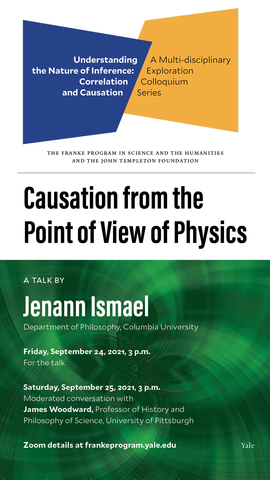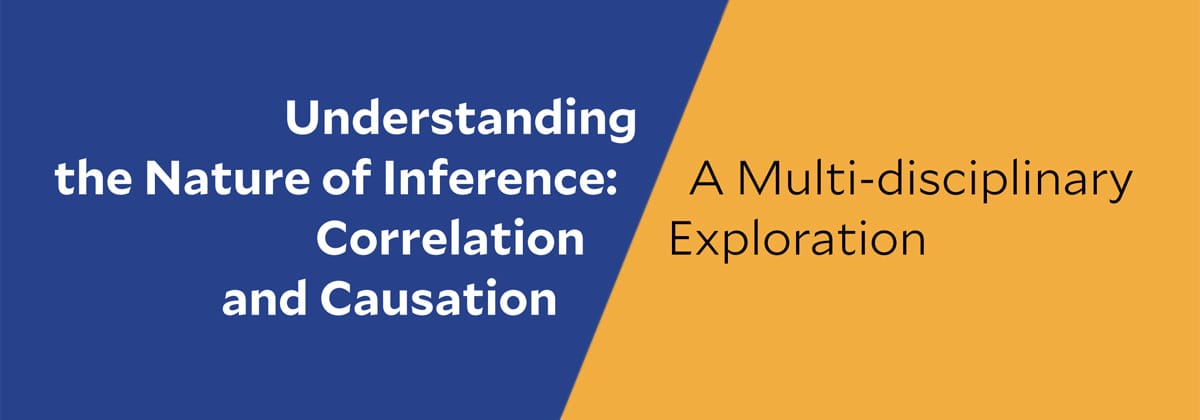
As humans, we are always striving to deduce the cause of everything we go through in order to comprehend what has happened to us and to make predictions for what will happen to us in the future. Causation is an elusive concept we are trying to grasp across all domains of life and sciences in an attempt to understand the role it plays in causal models, decision making, logical thinking, reasoning, judgments, inductive inference, language, and learning.
We recognize causality to be at the core of all explanations and understandings. Philosophers who examine ontology, epistemology, and psychology are not concerned with the underlying metaphysical questions that arise about causality, instead, these ontological questions become the impetus for exploring causal relationships.
Physicists are puzzled by the causal relations within physics-based ontology because they are uncertain whether they are probabilistic or deterministic. Although the classic model of causation is deterministic, modern science, such as quantum physics, deals with quantum models where causation connections become probabilistic. Professor Jenann Ismael points out that physical and biological science provides ample evidence for causality with probabilistic structure. Nevertheless, causal relations have two basic characteristics, the first being an asymmetrical association between cause and effect, while the second is an asymmetrical relationship in which causes lead to effects but not the other way around. An ongoing research project is examining how people think about the relationship between causality and their reasoning, and how their beliefs about causality are based on causal mechanisms and their understanding of why it happened. It, therefore, represents a basic element of the concept of causation, and it helps us to distinguish between conceptual views about causality.
Causation fascinates us, and we are eager to know how we can find it in the world. Causation as most people speak of and conceptualize it is helpful, but questions of ontological nature reach the fundamental principles in existence. In the examination of causality, several difficult ontological dilemmas arise in regard to the nature of causality and the things that are causally related.
Professor Ismael will talk about where and how causation arises in a physics-based ontology using parts of the emerging scientific understanding of causation. Philosophically, she will explore the relationship between causal thinking and counterfactual reasoning as people focus on different factors when thinking causally versus counterfactually.

